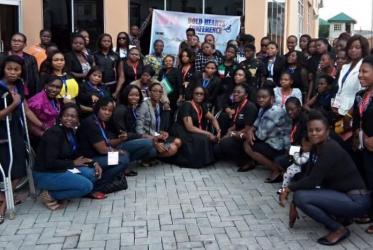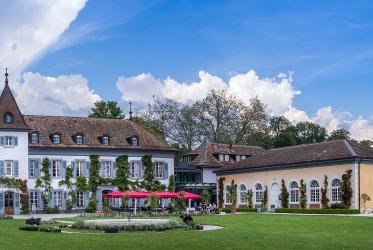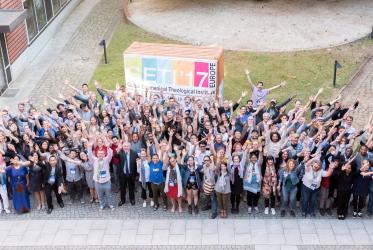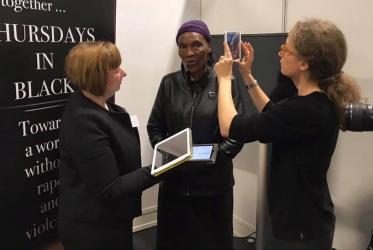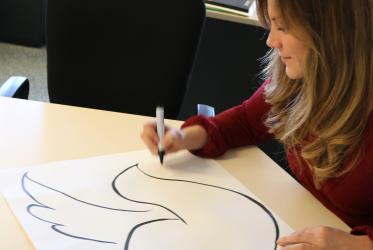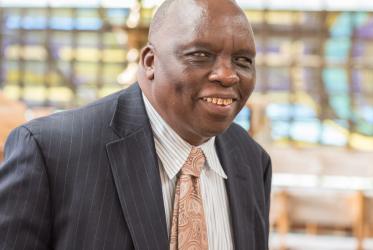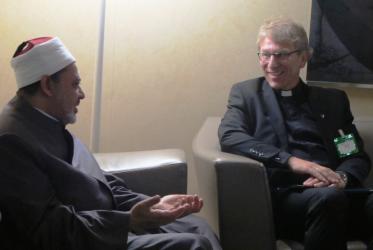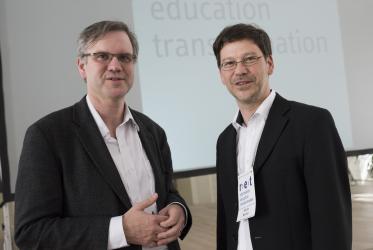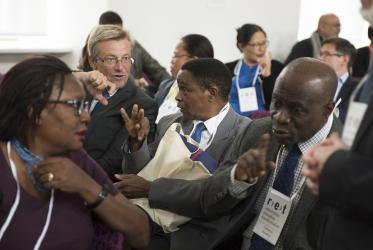Displaying 41 - 60 of 82
"We have our work cut out for us"
10 August 2017
WCC students study what makes a peace communicator
18 July 2017
Nigerian breaks down stereotypes on Muslims
13 July 2017
“We are to pass on the mantle”
31 May 2017
How do you say “peace?”
20 February 2017
WCC hosts discussion on religious radicalisation
13 December 2016
Sam Kabue: from the village to the world with eyes wide open
27 October 2016
Dialogue flourishes between WCC, Muslim Council of Elders
30 September 2016
Humanitarian Partnership Conference focuses on inclusive practices
27 September 2016
Bossey students on their way to future of ecumenism
10 February 2016
Person with disability shares reflection on AIDS conference
10 December 2015
Bossey students combine academics with global relationships
21 October 2015


